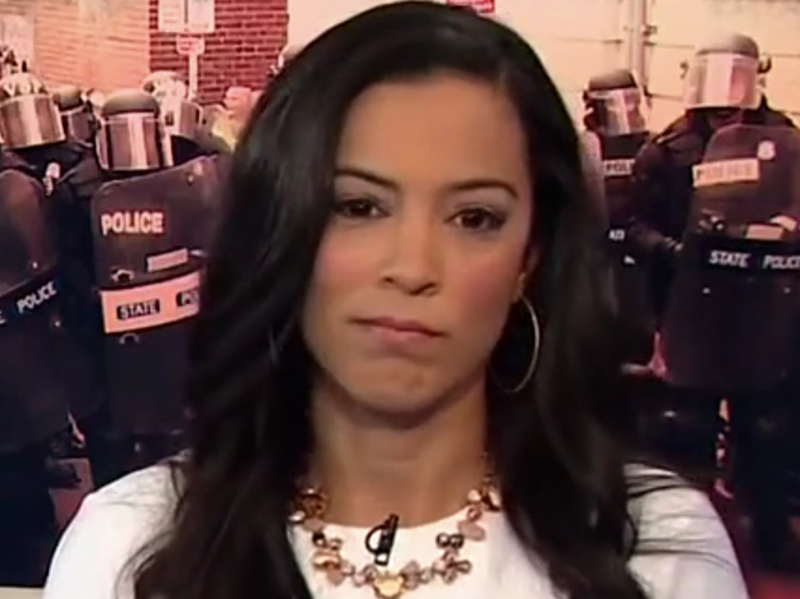- Banned
- #1
TheRealTruth
Well-known member
Offline
Recently CNN aired an interview where one of the guests suggested what is in the topic.

 www.realclearpolitics.com
www.realclearpolitics.com
I agree with the removal of confederate statues around the country, but should this also be done for founding fathers?

CNN's Angela Rye: Washington, Jefferson Statues "Need To Come Down"
CNN's Angela Rye called for statues of George Washington and Thomas Jefferson to come down Thursday on the network. "American history is not all glorious... George Washington was a slave owner. We need to call slave owners out for what they are. Whether we think they were protecting American...
I agree with the removal of confederate statues around the country, but should this also be done for founding fathers?





